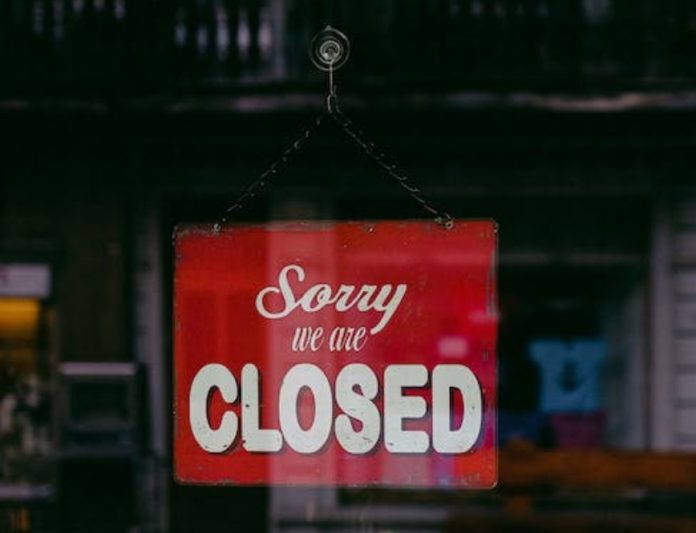The myths and “paper talk” surrounding business closures can sometimes conceal the truth of what actually occurs when one shuts down. You’re likely to get a different response each day if you ask a stranger what will probably occur when your business closes.
We hope that as we dispel some common misconceptions about closing a business, you’ll feel a bit more at ease if you’re having trouble with your company’s incoming and exiting responsibilities and you’re concerned about the future of your finances.
If my business goes bankrupt I’ll lose my home
The possibility of losing your house in the event that your business shuts down is one of the main worries that owners face. When a business fails, the owner may have to sell their house to pay off the debts. This is actually incorrect. The distinction between business and personal debt is one of the main advantages that limited company owners have in the United Kingdom.
You are protected by limited liability if you own a limited company. This means that the financial affairs of your business and your own are seperate. The only time an individual can be held personally accountable for company debts, are if you have had to sign personal guarantees to obtain finance. Self-employed sole traders do not benefit from limited liability protection and are therefore responsible for their debts.
You could end up going to prison
Not since Victorian times has a company going bankrupt or insolvent meant that you have to go to prison, thankfully we are no longer in the dark ages.
In Britain, declaring bankruptcy or being insolvent is not grounds for imprisonment unless fraud has been committed. Businesses fail all the time, so trying to make one succeed and it not working doesn’t make you a criminal. In the event that you intentionally defraud creditors or consumers while operating a failing business, you risk being charged with fraud and then potentially a prison sentence.
If you’re the business is going bust, you have to close it
Although being bankrupt is never a good thing, it doesn’t always have to spell the end of a business
You are technically considered to be insolvent if you are unable to pay your debts as they become due. However, not being able to pay your liabilities could be down to a number of reasons and doesn’t mean that the business is failing. You could be waiting for a critical payment at just the right time. It is important to consider how you’ve found yourself in that position though, is the business model sustainable in its current vicinity?
If one business goes bankrupt, you can’t open another one
There would only be a few companies left in the world if you could only own one.
Even though having a failed business may not always seem good on a resume, unless you have engaged in fraud or failed to fulfil your obligations as a company director, nothing prevents you from shutting down one business and launching a new one the next day. You might be able to individually purchase your company’s assets and utilise them to launch a new company in the same industry, depending on your financial situation.
It’s possible to close the company yourself
You can’t close a limited company yourself. This must be carried out by a licensed insolvency practitioner.
You can apply for a dissolution if your business has very few assets, no work due in, no way to pay for a liquidator. It’s crucial to speak with an insolvency practitioner first to determine whether this is a practical alternative. If you’re unable to have the company dissolved, you’ll need to go through a form liquidation process, which can only be carried out by a licenced insolvency practitioner.
In summary
Closing your business can be a difficult and stressful process, but due to rumours about prison and house sales, it may seem like an even worse prospect. However, a company going out of business need not result in you losing your house, being personally insolvent, or preventing you from starting a new business.


































